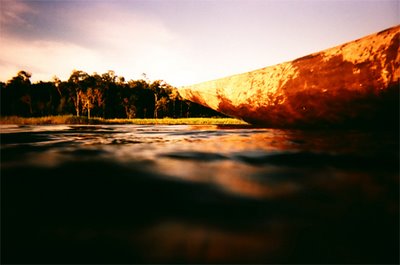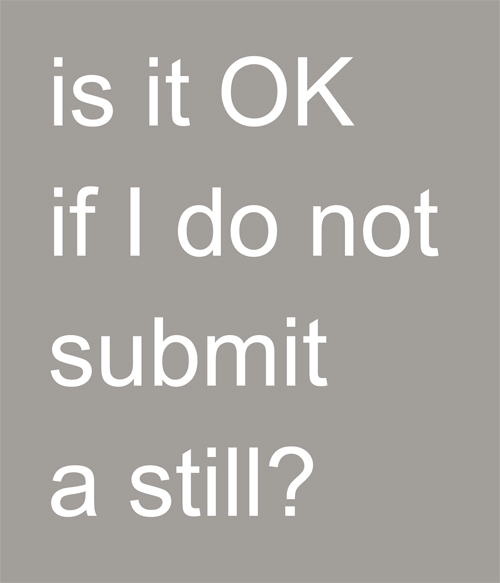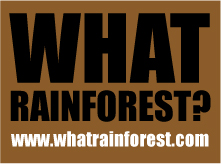"How's it like?"
"How's it like?"
"How's it like?"...
My usual answer would be...
"Errr...It was... Errr... It was fucking amazing."
and then I'll resort to changing the subject.
Then came Matt... bossman at Camp Kewe who decides if I get my turn at the charger and the computer; and of course whether I get my chicken crackers or not; who came along and wrote this excellent piece on the GFRS weblog.
Bossman! I take my hats off to you for the ability to describe something that is almost impossible to match with words. I salute you and the star that rests upon your commie cap.
Here's his post on the GFRS blog...and I'm quite sure that it wasn't his title.

"Words just aren't enough"
Posted by Matt, GFRS co-ordinator
The wind shifted to a South Easterly today, signalling the start of the dry season in Lake Murray. Yesterday the water level dropped one meter in front of the Global Forest Rescue Station (GFRS). This means we are going to have to carry the Banana boat over logs and drag it through the shallows on our way to the airstrip this weekend.
We’re packing down the GFRS. The change in the wind and the twinge of sadness in everyone seem to fit.
The people of Lake Murray have said goodbye to most of the international guests. Everyone went out to visit the Kuni people, who fought off industrial logging. Together, we saw the first load of eco-timber milled and shipped out from Lake Murray.
Volunteers had come from Japan, China, Italy, Finland, Thailand, Malaysia, the USA, Australia, New Zealand, Holland, Germany, Indonesia, West Papua and other provinces of Papua New Guinea.
It is hard to communicate what that means here. It is hard to communicate how remote Lake Murray is. One of the most isolated places on the planet. There are no roads here, no cars, no Internet, no television, no telephones, nothing.
Travel is via light aircraft, and supplies are dropped off after a 200km boat trip through crocodile infested waters.
So for these people to come to the Lake and share experiences with the locals – knowing they will most likely not return – is hard to deal with. It was heart-wrenching to see the men of the Catfish, Dog and Turtle clans hide their faces and cry as their friends returned to the other side of the planet. These are men who get up in the morning, kill a deer in the forest and carry it 10km on their shoulders, back to feed their families.
Each village along the way to the airstrip was out waving goodbye.
The foresters will return to the Lake to continue training and working after a holiday at home, in their highland provinces. They have been camping in the bush for three months. Away from their wives and children and away from their staple foods which are very different to Sago (the staple at the lake). Not to mention travelling by dugout canoe, which is as foreign to them as it is to someone from New York. A few of the foresters have learnt to swim during their three months at the lake.
Around 25, 000 hectares have been demarcated and15 clans have mapped out their land for the first time. Ancestral stories have been transformed into GPS points on maps.
Logging and mining companies have created a culture of ‘cargo’ in PNG. Local landowners are dazzled by displays of wealth then tricked into poverty.
It is difficult for tribal leaders to match this culture of cargo but eco-forestry is challenging it. Slowly but surely communities are taking their land, their lives and their future back into their own hands.
I think everyone who has come to Lake Murray during the GFRS has been empowered. Words cannot describe how effective eco-forestry is for community development, and for protecting the planet’s last forests. Words cannot describe the beauty of Lake Murray, of the people, of the forest.






No comments:
Post a Comment